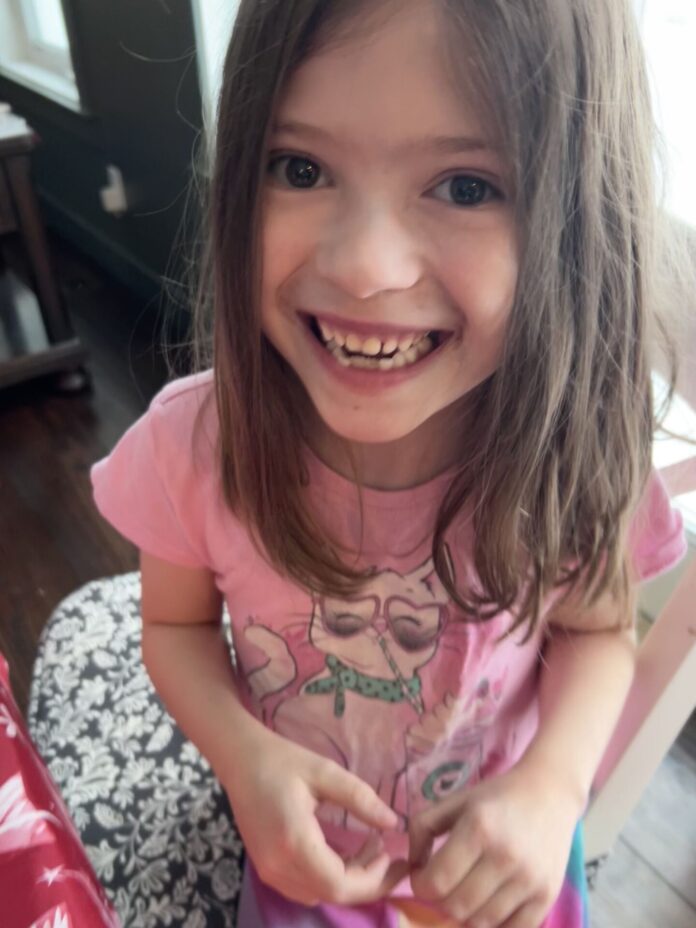Imagine being told near the end of your pregnancy that your child has congenital heart disease.
That was the situation facing Heather Livingstone and her family when daughter Britta was about to be born.
February is Heart Month for the Heart and Stroke Foundation.
The organization noted 257-thousand people across Canada are currently living with congenital heart disease, a condition most discovered at birth and affects roughly one in 100 children.
Britta is living without a tricuspid valve, which has caused her left ventricle to not develop fully.
Heather told MyPGNow.com receiving the news of her daughter’s condition came as a big surprise and that her earliest days on this planet were pretty adversity-filled.
“We found out when I was 38 weeks pregnant. It was pretty crazy and I got a call from my doctor saying that go to the hospital now and you are going to be airlifted to Vancouver so that was a bit of a shock.”
“It was crazy because we found out right away that she was going to have at least two open heart surgeries, and it ended up being three. We got to take her home at nine days old and at two months old we had an emergency open heart surgery, so we had to go on the air ambulance again.”

Britta, who is now six years old, still has some obstacles ahead of her but living with the condition feels a little more normal.
“She is on aspirin for life pretty much. She is doing quite well right now and her oxygen is always a little bit lower. She is at 90% while most people are around 95%.”
“With her problem, the surgery to correct the heart issues causes liver problems down the line and will result in liver disease so she will need to see a liver specialist. What I want people to know who are dealing with this is that there is no cure, it is a lifelong thing.”
“People don’t tend to realize how common this condition actually is. One in a hundred it sounds small, but you probably know people that you didn’t even know had a heart defect and it popped up for me all over the place,” added Livingstone.
When asked if CHD restricts Britta’s ability to be physically active, her mother noted playing sports or walking or running can actually be an asset.
“They found with kids like her moving helps her weird little system of veins and arteries. It actually helps pump the blood if she is active.”
“She is leaning into it being a special thing now, which is nice. She used to have a lot of anxiety when she was small and quite anxious about it, she is enjoying her doctor friends now.”
There is a hope for kids like Britta who are now able to live with CHD and lead productive lives well into adulthood.
“The main thing is the kids are surviving well into adulthood. We don’t know what adulthood looks like especially for kids with complex CHD like my daughter has. It is sort of new territory but the programs for adults with CHD are kind of new in a way.”
Heart and Stroke typically focuses on six priority areas to address gaps: Specialized care, evidence-based care, optimal transitions, integrated health systems, community integration and, whole-person care.
Data from BCRESURECT shows that in 2023, emergency services responded to 8,180 cases of cardiac arrest province-wide.
To learn more about CHD, click here.
Something going on in the Prince George area you think people should know about?
Send us a news tip by emailing [email protected].







